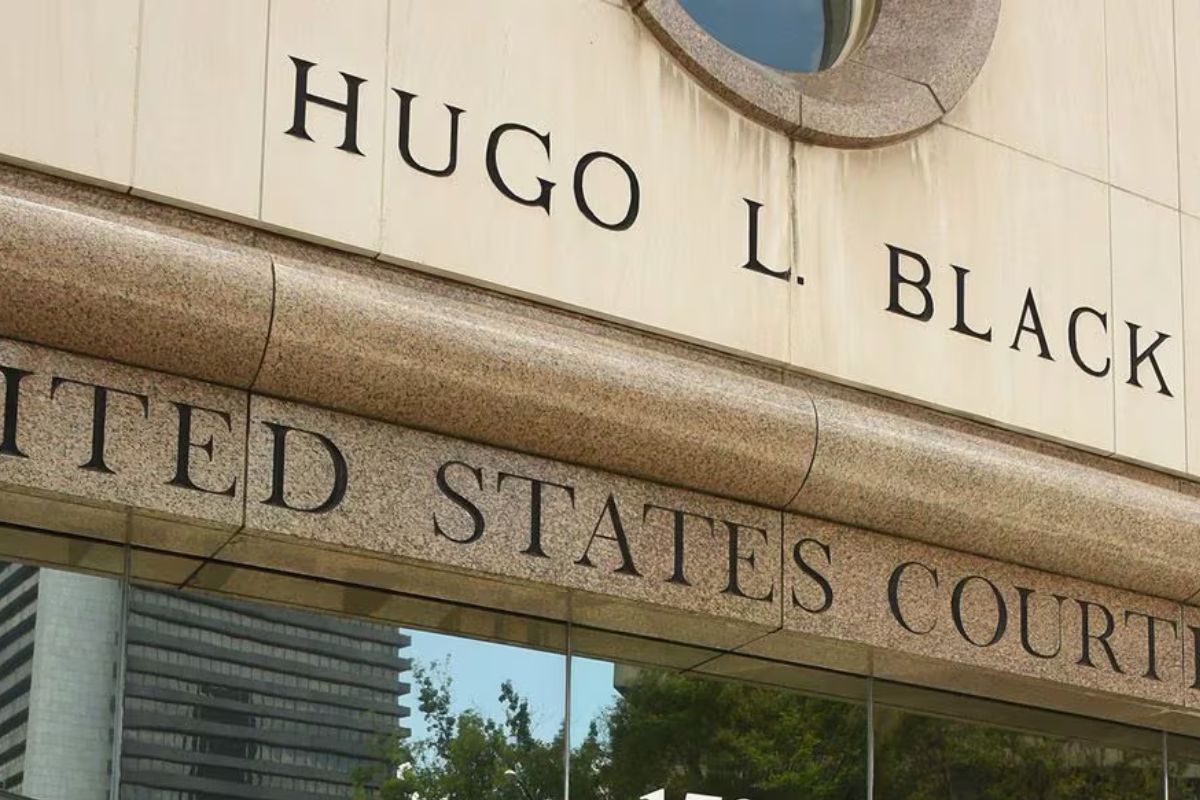Federal Judge Reviews Controversial: U.S. District Judge David Proctor’s examination of Alabama’s absentee voting law highlights a critical intersection of electoral integrity and constitutional rights. The law’s stringent measures on voter assistance raise significant questions regarding First Amendment protections and the implications for civic engagement, particularly among marginalized communities.
While supporters argue for the necessity of these restrictions to mitigate voter fraud, opponents contend they disproportionately disenfranchise vulnerable populations. As the legal debate unfolds, the potential ramifications on the broader electoral landscape warrant careful consideration, prompting a closer look at the balance between security and accessibility in voting practices.
Legal Challenge and Court Proceedings
The ongoing legal challenge to Alabama’s new absentee voting law raises critical questions about the implications of the law’s restrictions on voter assistance and its potential conflict with First Amendment protections.
Central to the case is the extent to which the law limits the ability of individuals and organizations to aid voters in completing absentee ballots. The discourse, as shaped by U.S. District Judge David Proctor, has illuminated the nuanced legal interpretations of voter assistance as a form of free speech.
During the proceedings, attorneys grappled with hypotheticals that underscore the law’s ambiguity. For instance, does the legislation prevent a neighbor from assisting another with their absentee ballot?
Additionally, the potential prohibition of compensating staff members of advocacy organizations, such as the NAACP, raises significant concerns about the operational viability of civic engagement efforts.
As the judge has requested additional arguments by August 9, the case serves as a pivotal juncture in determining the balance between regulatory intent and constitutional rights.
The outcome here may set a precedent that could resonate beyond Alabama, influencing voter assistance laws nationwide and shaping the discourse around electoral participation and free expression.
Details and Arguments Surrounding the Law
Critical examination of Alabama’s absentee voting law reveals significant tensions between the state’s regulatory intentions and the constitutional protections of voter assistance and free speech.
Signed into law in March, this legislation criminalizes the distribution of prefilled absentee ballot applications and restricts individuals from submitting applications on behalf of others, barring medical emergencies. Proponents, including Republican state leaders, argue that these measures are necessary to combat “ballot harvesting” and mitigate potential voter fraud.
However, critics contend that the law disproportionately penalizes advocacy groups, churches, and volunteers who provide essential support to vulnerable populations, such as the elderly and homebound voters. By imposing felony charges for assisting voters in the absentee ballot process, the law effectively curtails civic engagement and undermines the democratic principle of facilitating access to voting.
The arguments presented by the Alabama State Conference of the NAACP and other organizations highlight the inherent conflict between maintaining electoral integrity and safeguarding the rights of individuals to receive assistance. The U.S. Department of Justice has also voiced concerns, positioning this law at the intersection of state authority and constitutional rights, necessitating careful judicial scrutiny.
Reactions and Public Involvement
Reactions to Alabama’s absentee voting law have sparked significant public discourse, highlighting the deep divisions between those advocating for electoral integrity and those championing voter accessibility and assistance.
Organizations such as the NAACP contend that the legislation criminalizes essential civic engagement, asserting that it disproportionately impacts vulnerable populations, including disabled individuals, seniors, and voters of color. Their argument emphasizes that the law transforms neighborly help into a potential felony, thereby threatening constitutionally protected rights.
Conversely, state officials defend the law as a necessary measure against historical instances of absentee ballot fraud, citing various electoral irregularities from past decades. They argue that the law is designed to preemptively address concerns rather than react to widespread malfeasance. This dichotomy presents a critical intersection of values: the push for security versus the imperative to guarantee equitable access to the electoral process.
Public involvement in this debate is essential; it underscores the necessity for transparency and dialogue between stakeholders. As legal challenges unfold, the broader implications of this law will likely continue to evoke passionate responses, shaping the future landscape of voting rights in Alabama.
News in Brief
The ongoing review of Alabama’s absentee voting law by U.S. District Judge David Proctor highlights the tension between electoral integrity and the preservation of First Amendment rights.
The law’s stringent restrictions on voter assistance raise significant concerns regarding its impact on marginalized communities and civic engagement.
As the case unfolds, the balance between preventing voter fraud and ensuring equitable access to the democratic process will be critical in determining the future of voting rights in Alabama.
ALSO READ: Justice Department Takes Stand in Alabama Prison Lawsuit

